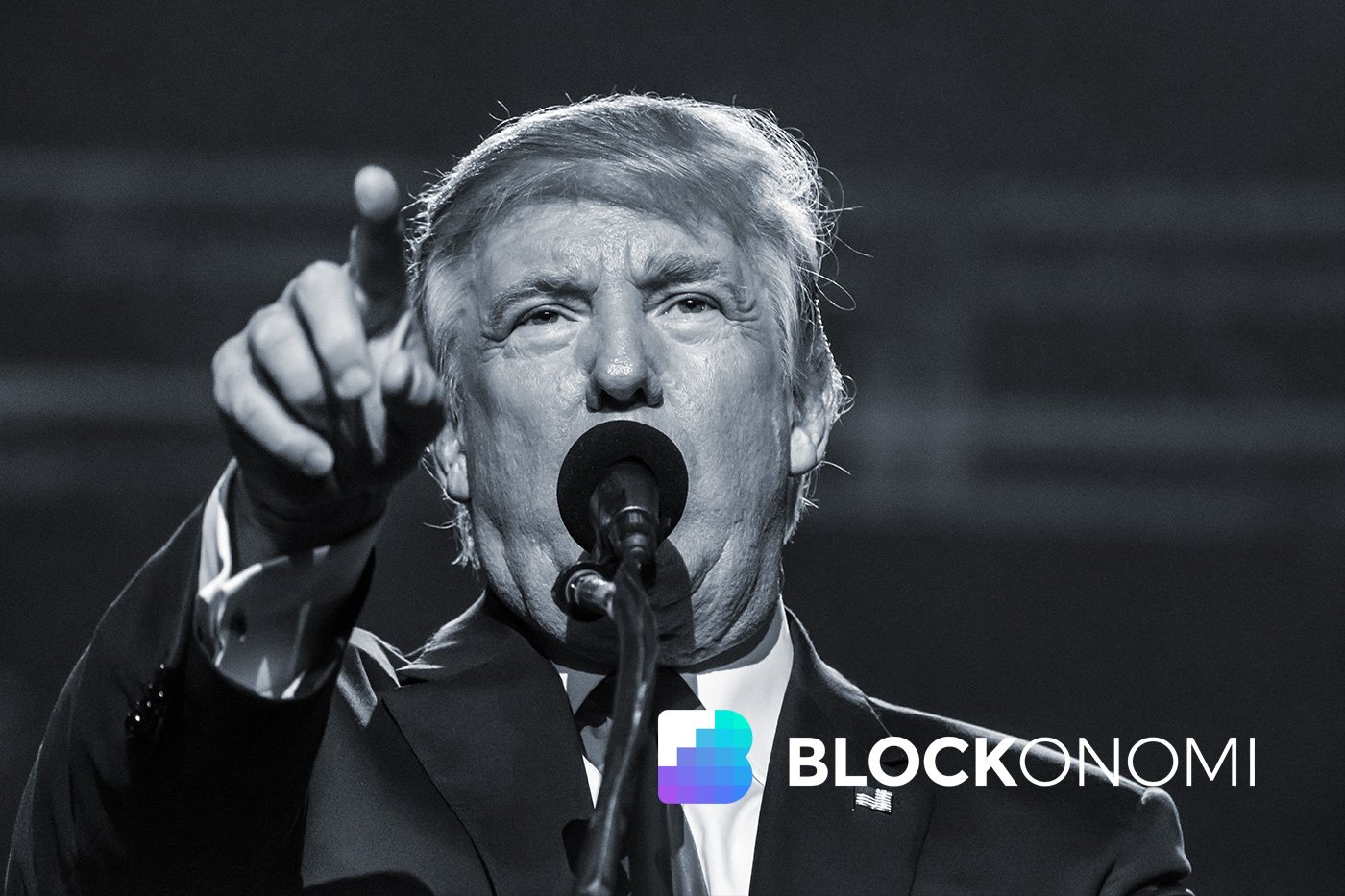
In a high-profile legal clash, former President Donald Trump has filed a $15 billion defamation lawsuit against The New York Times, four of its reporters, and publishing giant Penguin Random House. This legal battle primarily focuses on allegations of defamatory content that, according to Trump, have damaged his reputation and compromised his 2024 presidential campaign.
The Allegations and Key Players
The lawsuit, filed in the U.S. District Court for the Middle District of Florida, claims that the defendants published false and defamatory material against Trump, attempting to tarnish his image both as a businessman and a political contender. Trump’s legal team has drawn attention to a 2024 editorial by The New York Times that endorsed Kamala Harris, asserting that this piece was designed to undermine his candidacy.
In addition, the lawsuit targets the book Lucky Loser, authored by New York Times investigative reporters Susanne Craig and Russ Buettner, and published by Penguin Random House. The book allegedly critiques Trump’s financial history with claims his attorneys say are false and defamatory, portraying an inaccurate image of his business career and professional success.
Trump’s Rationale and Counterclaims
Trump’s legal filing argues that this campaign of negative media coverage seeks to derail his 2024 presidential comeback bid. His lawyers cite specific articles and opinion pieces, claiming they were written to portray Trump in a damaging light. A particularly contentious allegation is that the 2024 editorial implied Trump intended to “dismantle the institutions that have made our country strong.” According to the lawsuit, such narratives are baseless and politically motivated.
The suit also highlights a series of long-form pieces questioning Trump’s business acumen and character, alleging that they contribute to a broader effort to foster public doubt about his leadership potential. His team contends that these narratives promote an undeserved image of failure.
Responses from Defendants
Both The New York Times and Penguin Random House have denied the allegations. A spokesperson for The New York Times referred to the lawsuit as “without merit” and reaffirmed their commitment to independent journalism. They emphasized the importance of protecting First Amendment rights, ensuring their reporting remains critical and unbiased.
Similarly, Penguin Random House has refrained from official statements but continues to stand by the publication of Lucky Loser. Authors Susanne Craig and Russ Buettner have also maintained silence on the lawsuit, leaving Trump’s accusations unconfirmed on their part.
Broader Implications of the Lawsuit
This case underscores the escalating tensions between political figures and the press, raising critical questions about freedom of speech, media accountability, and the role of journalism in political discourse. The looming legal battle is poised to attract significant media attention as it unfolds, potentially reshaping how political figures engage with the press in a polarized political landscape.
Related Recommendation: Penguin Random House Bestseller
For those interested in political memoirs and public figures, Penguin Random House also offers a range of bestselling biographies, such as Becoming by Michelle Obama. This inspiring read dives deep into leadership and personal resilience— a stark contrast to the ongoing controversies in today’s political sphere.


